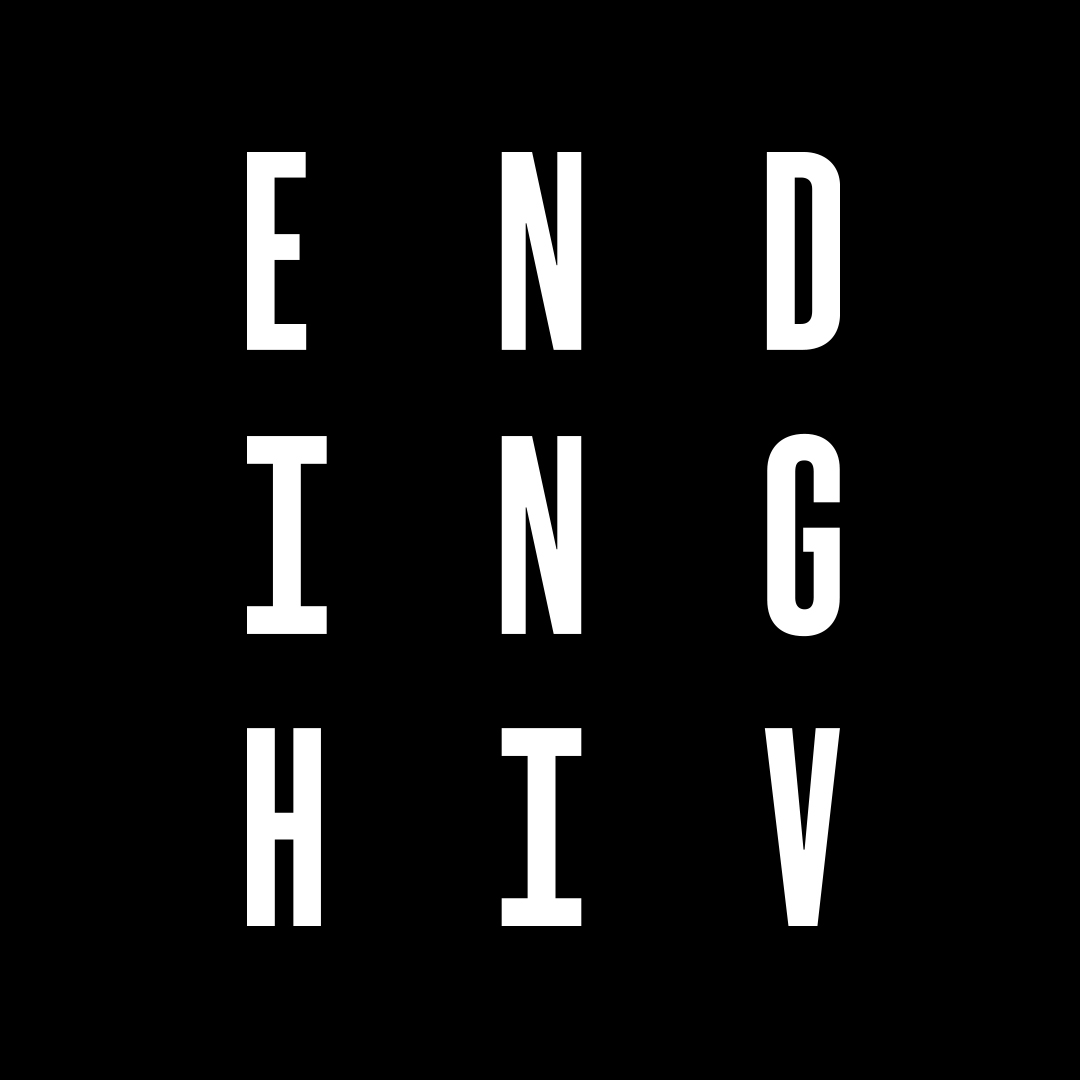How is herpes transmitted?
Herpes is one of the most common Sexually Transmitted Infections (STIs) there is. Even though 1 in 8 sexually active Australians have the virus, few people are aware of how common it is, which means finding out about a herpes diagnosis can sometimes come as a shock.
The good news is that there are plenty of ways to manage a herpes infection and minimise risk. Although it cannot be cured it does not often cause serious health implications. There are two different types of herpes virus, both of which cause contagious and often painful sores and blisters on the skin:
- Herpes simplex virus type 1 (HSV-1), also known as ‘oral’ herpes. You might know it as ‘cold sores’ which is a common name for the virus, and
- Herpes simplex virus type 2, HSV-2, known as ‘genital’ herpes.
Both types of herpes are life-long viruses (meaning there is currently no cure available), which is possibly why there’s so much stigma surrounding herpes. Even though herpes is so common, lots of people may go their whole lives without knowing they have herpes, mostly because they might not ever have or notice symptoms.
Herpes symptoms
Not everyone gets symptoms but if they do, the symptoms of herpes in men include:
- Tingling or itchiness on the lips, genitals or anus
- Sores or blisters where the tingling and itching was, which can then burst and scab over
- Feeling fatigued and run-down – especially during the first herpes breakout
The good news is that there are plenty of ways to manage the infection and minimise risk.
Herpes transmission: How does it spread?
Both types of the virus are passed on via skin-to-skin contact, whether that be by kissing, oral sex or anal sex.
Herpes transmission most commonly happens when there are visible sores (such as cold sores on the lips, or blisters/ulcers on the genital area), but it can also happen when there are no visible symptoms at all.
Can cold sores cause genital herpes?
HSV-1 (oral herpes) is usually passed on via mouth-to-mouth contact such as kissing, and genital herpes is usually passed during sexual intercourse or other sexual activities involving skin-to-skin contact of infected areas.
However, you might be surprised to hear that HSV-1 can also cause genital herpes. So, if someone with a cold sore performs oral sex on you, it could result in transmission of herpes.
Can you get herpes from kissing?
The simple answer is ‘yes’. Oral herpes transmission can occur during kissing or any contact of the mouth to skin. It doesn’t matter if it’s a quick peck on the cheek or a full-blown pash, the risk of passing on herpes is there.
Can you get herpes from surfaces?
You can’t get herpes from things like toilet seats, swimming pools, hot tubs or hugging. However, oral herpes can be passed on through sharing saliva, so it’s advised not to share drinks/utensils etc with someone who has HSV-1, especially if they have visible cold sores.
Is there a link between HIV and herpes?
Herpes can increase the risk of HIV acquisition. If someone with visible herpes sores has sexual contact with a HIV-positive person there’s more chance of the HIV virus being passed on due to the broken skin around the sores. The lower immune system caused by HIV also means a HIV positive person may be more susceptible to herpes.
Learn more about testing and treatment for Herpes here.
How to minimise herpes transmission
Like all STIs, the best way to protect yourself and others from herpes is to practise safe sex.
- Use condoms for anal sex, dental dams for rimming, and gloves for arse play. They won’t offer full protection as the skin around the area can also carry the infection, but they offer an effective measure to prevent transmission.
- If you aren’t using condoms for oral and anal sex, make sure to keep up with HIV & STI testing once every 3 months, and avoid hooking up with someone if you suspect you might be having a herpes outbreak.
- If you have herpes, avoid any sexual contact during an outbreak as this is when the virus is most transmissible
If you suspect you are experiencing a herpes outbreak, book an appointment with a sexual health clinic or doctor/GP who practices sexual health to get tested. Your doctor may prescribe antiviral medications to minimise symptoms if you’re diagnosed.
If you have any questions about herpes and are in NSW, you can call the NSW Sexual Health Infolink on 1800 451 624 to speak to a sexual health nurse.
On PrEP? It’s important to remember that PrEP doesn’t protect you from STIs other than HIV.
